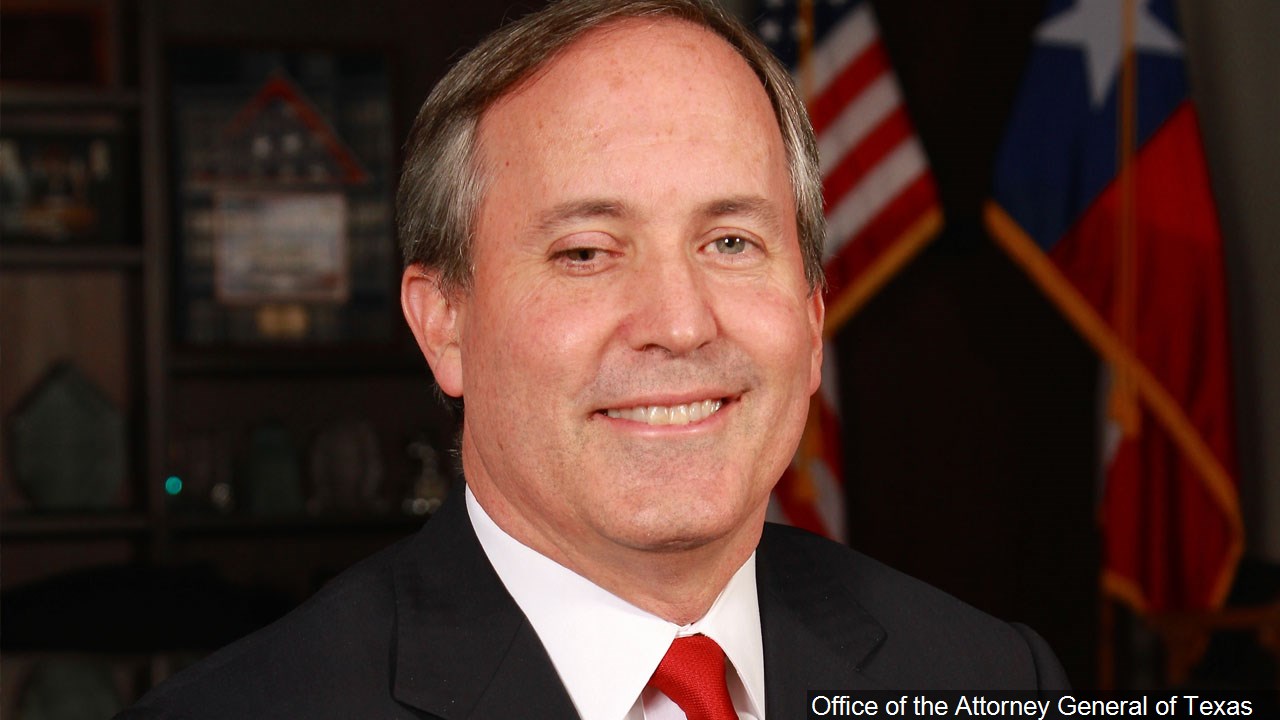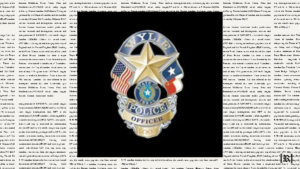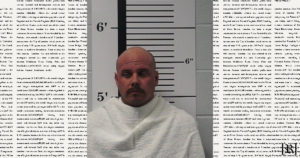AUSTIN – Attorney General Ken Paxton today issued letters to three Texas counties (Dallas, Bexar, and Travis) and two mayors (San Antonio and Austin), warning that some requirements in their local public health orders are unlawful and can confuse law-abiding citizens. These unlawful and unenforceable requirements include strict and unconstitutional demands for houses of worship, unnecessary and onerous restrictions on allowing essential services to operate, such as tracking customers who visit certain restaurants, penalties for not wearing masks, shelter-in-place demands, criminal penalties for violating state or local health orders, and failing to differentiate between recommendations and mandates.
“Unfortunately, a few Texas counties and cities seem to have confused recommendations with requirements and have grossly exceeded state law to impose their own will on private citizens and businesses. These letters seek to avoid any public confusion as we reopen the state,” said Attorney General Paxton. “I trust that local officials will act quickly to correct any orders that unlawfully conflict with Texas law and Governor Abbott’s Executive Orders.”
The letter to Dallas County Judge Clay Jenkins cited the county’s order in reference to houses of worship, essential and reopened businesses, masks, and shelter-in-place.
As far as houses of worship are concerned, the letter states that the order conflicts with the governor’s order by mandating that houses of worship comply with protocols referenced in the county’s order.
“Importantly, nothing in the governor’s order or the joint guidance mandates how religious services should be conducted,” the letter reads. “The federal and state state Constitutions and the Texas Religious Freedom Restoration Act ensure that Texans can worship and freely exercise their religion according to the dictates of their own consciences, and not limited by overbearing government action.”
The letter also calls Dallas County’s order “invalid and unenforceable” as it applies to essential businesses. It specifically mentions the County’s order stating that law offices are not considered essential.
“In particular, the CISA guidance identifies as essentials ‘workers supporting the operation of the judicial system, including judges, lawyers, and others providing legal assistance,’ the letter says.
The governor’s order recommends but does not require that all essential and reopened businesses follow the guidelines from the President, Centers for Disease Control and Prevention and the minimum health protocol standards from the Department of State Health Services.
“For instance, your order provides that businesses that do not comply with your order may be removed from the list of essential businesses or reopened services. As we have explained, the governor’s order prohibits a local order from restricting essential or reopened services,” the letter reads. “If you try to close an essential or a reopened business-regardless whether a violation of your order occurs-your action would conflict with Executive Order GA-21 by restricting essential or reopened services and would, therefore, be invalid.”
Lastly, the letter notes that the county’s order regarding masks and shelter-in-place is also unenforceable.
In regards to the masks, the county’s order “requires” a mask be worn any time someone leaves their home. The governor’s order encourages individuals to wear masks, but does not require them.
Similarly, the governor’s order does not include a mandatory “shelter-in-place”, but Dallas county’s order does. “
You can read the letter to Dallas County Judge in it’s entirety, here.
The letter sent to Bexar County Judge Nelson Wolff and Mayor Ron Nirenberg of San Antonio can be found here.
The letter sent to Travis County Judge Sarah Eckhart and Mayor Stephen Adler of Austin can be found here.








